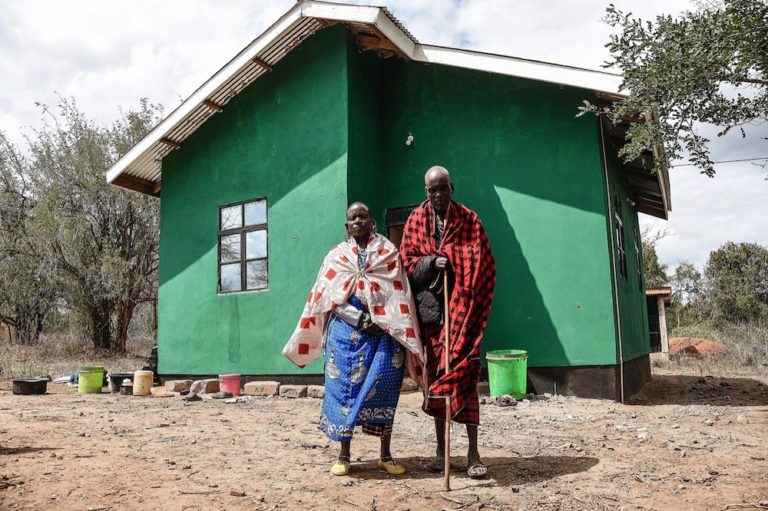(MISA/IFEX) – On 6 June 1998, the Government of Tanzania announced the ban of three Kiswahili weekly tabloids. The newspapers “Kasheshe”, “Chombeza” and “Arusha Leo” were banned with effect from 8 June for what the Government described as the papers’ persistent featuring of pornographic cartoons. In the statement issued on 6 June, Minister of State […]
(MISA/IFEX) – On 6 June 1998, the Government of Tanzania announced the ban
of three Kiswahili weekly tabloids. The newspapers “Kasheshe”, “Chombeza”
and
“Arusha Leo” were banned with effect from 8 June for what the Government
described as the papers’ persistent featuring of pornographic cartoons.
In the statement issued on 6 June, Minister of State for Information
Kingunge Ngombale Mwiru said the Government had been forced to take the
decision as a last resort after the editors of the three tabloids had
refused to heed a government warning to cease publication of such
pornographic cartoons.
A letter to the editor of “Kasheshe” informing him of the ban penned a list
of complaints about the cartoons the government considered unethical, as per
the Newspaper Act of 1976. The minister recalled in the letter that the
Registrar of Newspapers had informed the “Kasheshe” editor in writing on 31
October 1997 that he should not publish such materials. The editor was also
directed not to make radio announcements about the contents of the paper
“tinged with unethical material”, which the letter said had similarly not
been observed. A final warning from the Registrar was, according to the
letter, sent to the editor on 12 December 1997, only two months after the
first warning, insisting that the paper changes its tone.
“Your newspaper has continued to publish unethical stories and cartoons
contrary to its stated objective to observe social life without
contradicting our moral standards”, the letter said. It sited a cartoon on
the front page of the 22 May 1998 issue of “Kasheshe”, depicting a suspected
rape incident at the University of Dar es Salaam, saying it depicted the
bare genitals of a man, “contrary to newspaper ethics”.
The letter to ban “Kasheshe” said, “The government has stopped the issue,
publication and distribution of Kasheshe newspaper, in accordance with
section 25 (1) of the Newspaper Act, No. 3 of 1976”.
According to the Newspaper Act Section 25. (1), “Where the Minister is of
the opinion that it is in the public interest or in the interest of peace
and good order so to do, he may, by order in the Gazette, direct that the
newspaper named in the order shall cease publication as from the date
(hereinafter referred to as `effective date’) specified in the order”.
On the ban of “Chombeza”, the same statement said the tabloid was also sent
a reprimand in a letter on 7 January 1998 asking it to stop forthwith
publication of pornographic articles and cartoons. The tabloids did not
rectify the anomaly, the statement said.
As for the “Arusha Leo”, the statement said the newspaper had contravened
its own policy for which it was registered. It said the tabloid, which is a
sister paper of “Chombeza”, had all along published pornographic articles.
According to the Newspaper Regulation Act of 1976, section 15(1), the
minister responsible for information can cancel registration of any
newspaper if he is convinced that such a paper was contravening the policy
to which it had promised to adhere.
“Kasheshe” is published by the Guardian Ltd while “Arusha Leo” and
“Chombeza” are owned by the Kunta Enterprises International (TZ) Limited.
The statement said, “The government wants to insist the newspapers should
respect the social values in their society and therefore do away with
pornographic articles or cartoons or risk cancellation of their
registration”.


